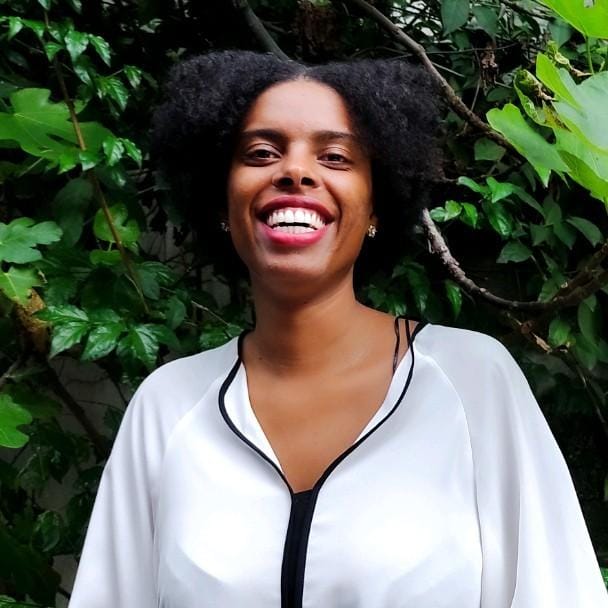August 9th is the International Day of Indigenous Peoples.
- Monique Prado

- 10 de ago. de 2021
- 2 min de leitura
Atualizado: 12 de ago. de 2021
August 9th is the International Day of Indigenous Peoples. But are we doing our job in supporting native peoples?

Image: Jornalistas Livres website
Ailton Krenak, one of the most important indigenous leaders in Brazil, invites us to think as a Western society forged in a universal model of humanity: why are we still celebrating the invasion? The author of “Ideias para adiar o fim do mundo” (Ideas to postpone the end of the world) criticizes modernization, which has forced many people from the countryside and the forest, especially the caiçaras, quilombolas and indigenous people to live in favelas sluprooted from their original places.
Currently, we are going through one of the deepest climate crises of this "humanity" which, out of vanity, divorced itself from its natural condition as a collective being of a much larger ecosystem, creating a civilizational abstraction whose lifestyle is predatory, denying the plurality of other forms of life, existence and habits, as Krenak points out.
Colonization destroyed the fluidity of this population that was thrown to the margins in disrespect of its culture. Therefore, more than ever, the spotlight needs to be on the original peoples, as they are the ones who hold the land's technology.
The Bolsonaro administration, for example, does not hide its anti-indigenous agenda, insisting on an integralist perspective that disrespects the self-determination of the original peoples. The National Congress has also been working against indigenous rights provided for in the Federal Constitution.
In the current situation, there are four bills that constitutionally violate the rights of these peoples: bill 490/2007, which deals with the change of competence of FUNAI, the Brazilian National Indigenous Foundation, to Congress regarding the Demarcation of Indigenous Lands; bill 191/2020 which aims to explore natural resources in territories already demarcated; bill that amends art. 246, §3 of Law 6.015, of December 31, 1973, which “provides for public records allowing the usufruct of third parties on the lands of original peoples and the bill of "Grilagem" n. 2633/2020 which allows for the allocation of federal land, especially in the Amazon, without bidding and at a low price.
encampments in 2005, has mobilized frontally to combat this neoliberal agenda, demanding institutional policies from the Brazilian State that preserve indigenous rights.
However, the original peoples continue to strengthen the union between the 250 ethnic groups that have a direct relationship with the land. Sônia Guajajara, for example, coordinator of APIB, is one of those leaders that has been suffering strong repression from the current Federal Administration. In March of that year, she was summoned to testify in the open inquiry to investigate criticisms of the federal government in the documentary “Maracá”, by the Articulação dos Povos Indígenas do Brasil (APIB), in partnership with Mídia NINJA. The Habeas Corpus was filed by the APIB indigenous lawyers and the investigation was closed.

Activist Guajajara at #24J #Forabolsonaro
Image: Rafael Magalhães
Thus, working in defense of indigenous rights is the duty of all of us, in order to demand that State policies protect the human rights of this population, because more than ever this government operates its genocidal project.





Comentários